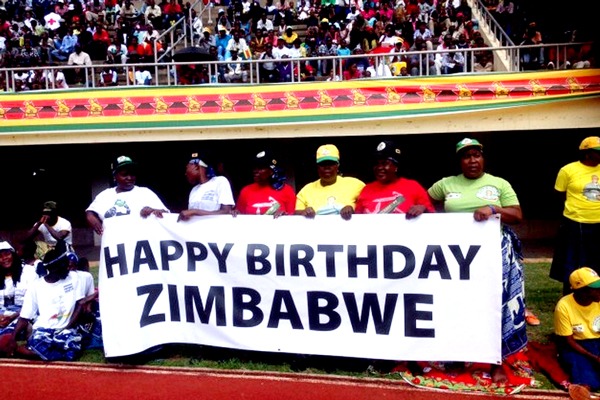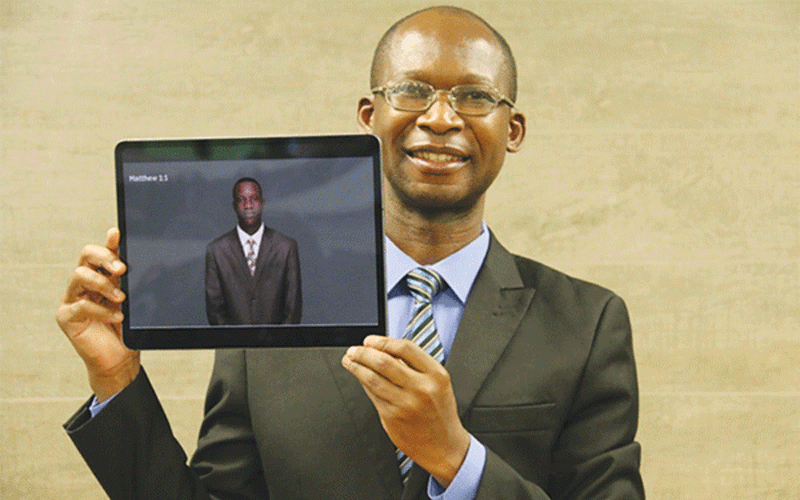
BY PROBLEM MASAU
ORDINARY Zimbabweans and observers have bemoaned the shrinking democratic space, human rights abuses and economic meltdown as the country celebrates 42 years of independence today.
This year’s celebrations, running under the theme: Zim@42 — Leaving No One and No Place Behind, are being held in Bulawayo for the first time since 1980.
However, people who spoke to NewsDay said the promises of 1980 when the country attained independence after decades of British colonial rule had vanished and had been replaced by despair.
The late former President Robert Mugabe promised democracy, reconciliation and a better life for all, but all those hopes turned into violence, corruption and economic misery until he was toppled in 2017.
His successor Emmerson Mnangagwa promised a break with the past of Mugabe’s controversial rule, but like his predecessor, he faces resentment from critics and other Zimbabweans struggling to make ends meet.
War veteran Alfred Magumidze said his fellow comrades in power had deviated from liberation war ethos.
“We fought for equality and land. However, most deserving war veterans do not have farms, while those in power have multiple farms. This is not what we fought for,” he said.
- Chamisa under fire over US$120K donation
- Mavhunga puts DeMbare into Chibuku quarterfinals
- Pension funds bet on Cabora Bassa oilfields
- Councils defy govt fire tender directive
Keep Reading
Mugabe okayed the land reform programme in 2000, but reports indicate that the major beneficiaries were the politically connected.
Mugabe’s family acquired more than a dozen farms.
Another war veteran Hallar Mutasa, who was among those arrested while demanding a pension increase during a protest last year, said Independence Day brought memories of selfless sacrifice that went to waste.
“We are struggling for survival while some people in government and former freedom fighters are living lavishly. We are suffering. We get less than US$100 per month,” Mutasa said.
The war veterans argue that their monthly pensions are not enough to cater to their basic needs.
War veterans have also been making a raft of demands to government, including access to free medical care at upmarket private hospitals and abroad, arguing that the local public health facilities have no medicine, staff and state-of-the-art equipment.
Zimbabwe National Students Association (Zinasu) secretary-general Joseph Nyamayaro said government had failed to address the concerns of the students.
“Our education is unaffordable to the poor man and the much talked about education for all mantra is in smoke and shambles. It is a time education was supposed to be accessible to all and affordable for the poorest among us,” he said.
“Grown up students are suspended, expelled and threatened for asking simple questions about their own welfare. Forty-two years after independence, academic freedom, now a Constitutional right, remains a dream.”
The country marks Independence Day when critics have raised concern over the shrinking democratic space.
Human rights groups and civic society organisations argue that they are being targeted under the Private Voluntary Organisations Bill, which seeks to regulate their operations.
Analyst Farai Gwenhure said government should do more so that ordinary people can enjoy the fruits of freedom and independence.
“We hold it firm that independence without the basic material provisions such as food and shelter, medical care and decent work, is unfulfilled. Independence should entail freedom from both political oppression and economic exclusion,” he said.
“It is a dictate of common sense that people can only be active and meaningful participants of social and political processes when their material needs have been fulfilled. We urge the government of Zimbabwe to reflect on its priorities, alter its focus in pursuit of a people-centred framework and remodel its model to a welfare State.”
- Follow Problem on Twitter @probymasau







